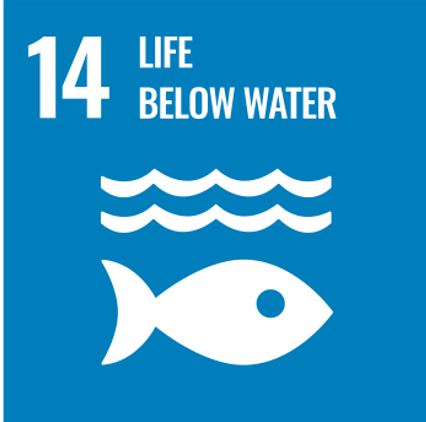The Impact of Nickel Mining on Environmental Damage and Public Health in Obi Island: A Review
DOI:
https://doi.org/10.63441/ijsth.v3i2.47Keywords:
Environmental, Nickel, Public Health, ObiAbstract
Obi Island, North Maluku, is one of Indonesia's largest nickel mining centers and plays an important role in supporting the electric vehicle battery industry and the national clean energy transition. However, nickel mining activities in this region have serious impacts on the environment and the health of local communities. This literature review examines scientific reports and empirical data related to pollution of seawater and rivers by toxic waste containing heavy metals such as hexavalent chromium, damage to mangrove ecosystems, and degradation of soil quality and agricultural yields that threaten local food security. Public health impacts in the form of gastrointestinal disorders and the risk of chronic diseases due to exposure to pollutants are also a major concern, exacerbated by limited community access to clean water. In addition, declining incomes of fishermen and farmers and social conflicts due to inequitable natural resource management highlight the unequal economic benefits of the nickel industry. This study emphasizes the need for sustainable mining management with close supervision, transparency, environmental rehabilitation and public health protection to ensure a balance between economic development and environmental sustainability on Obi Island. The findings are important as a basis for developing responsive and inclusive policies to address the challenges of nickel mining in Indonesia.

Downloads
Published
Issue
Section
License
Copyright (c) 2025 HEINRICH RAKUASA, Ahmat Rifai , Sadrak L. Wutres (Author)

This work is licensed under a Creative Commons Attribution-ShareAlike 4.0 International License.

















